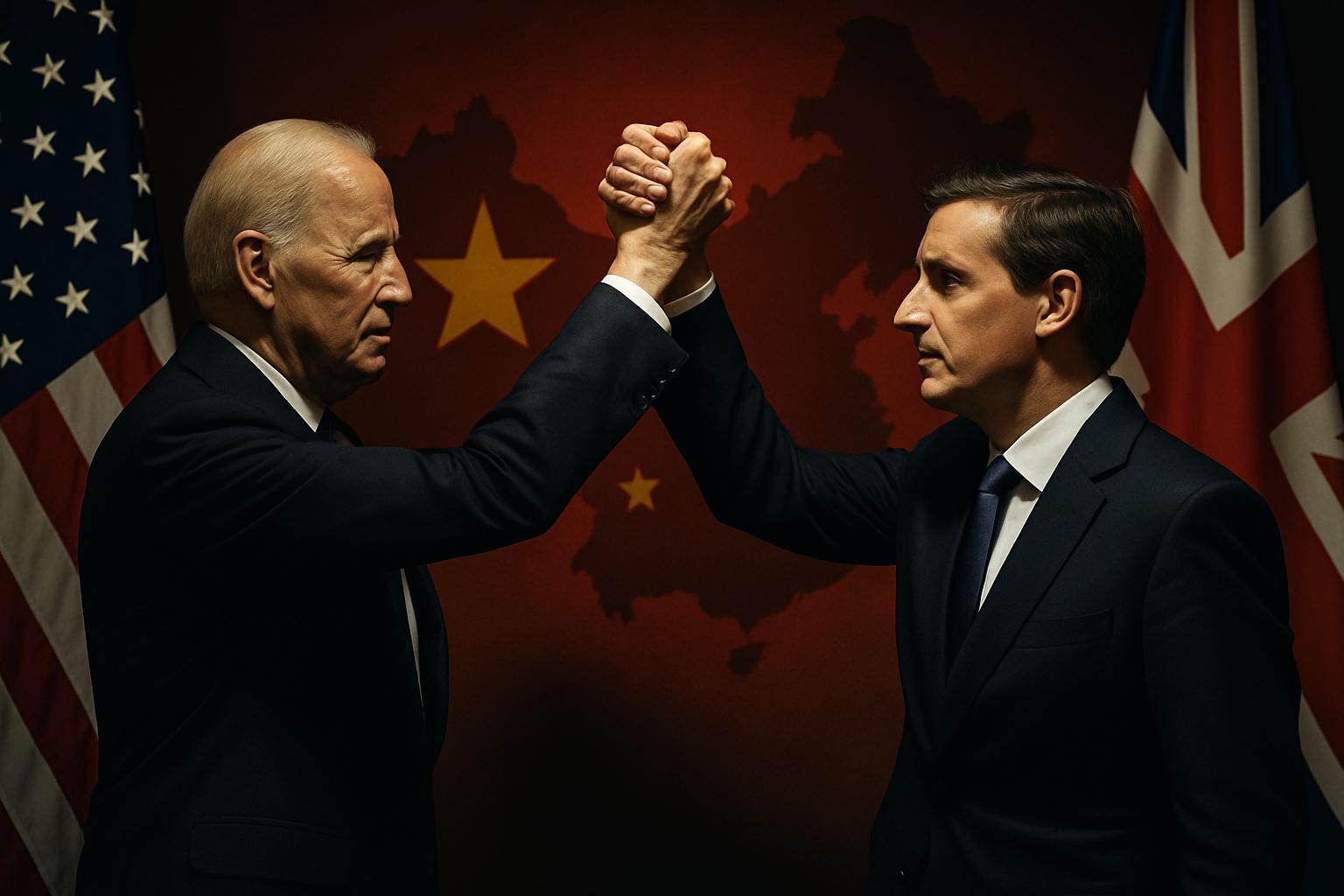Prime Minister Keir Starmer has secured a significant milestone by ensuring Britain became the first country to agree on the new "General Terms of an Economic Prosperity Deal" (EPD) with the United States. This new accord aims to enhance economic cooperation, covering tariffs, supply chain security, and sector-specific agreements between the two nations. However, despite this diplomatic success, the terms under which the UK now trades with its largest economic partner are reportedly less favourable than those it enjoyed prior to Donald Trump's presidency. Industry insiders have described the deal as "the best we could have hoped for under the circumstances," indicating it represents a solution reached under considerable pressure rather than a lasting or optimal outcome. In some respects, British firms may find themselves at a disadvantage compared to their European counterparts, as certain terms appear less favourable than those secured by the EU in its trade relations with the US.
The uncertainty surrounding key UK industries is a matter of ongoing concern. Sectors such as steel, aluminium, and pharmaceuticals continue to face frequent reviews and the looming threat of tariffs, which hampers long-term investments and strategic planning. This uncertainty is causing hesitation among company boardrooms, leading investors to adopt a cautious stance that risks capital moving to more stable environments. The deal, while a step forward, is viewed by some as a temporary relief rather than a definitive resolution, highlighting the need to build on this foundation during upcoming diplomatic visits to ensure greater strategic alignment and commercial certainty.
This urgency is underscored by geopolitical pressures, most notably the assertive display of military and technological power by Chinese President Xi Jinping during a recent gathering of world leaders in Tiananmen Square. In that event, China showcased its advancements in military hardware including drones and hypersonic weapons, accompanied by its emerging dominance in artificial intelligence (AI) technology—a critical frontier in contemporary global power dynamics. Reports from military and technology analysts confirm that behind this spectacle lies an extensive and sophisticated AI arsenal, raising concerns about China's strategic intentions and capabilities.
The United States has responded by imposing export restrictions on over 70 Chinese entities, focusing on curbing access to vital technologies like AI chips and advanced weaponry. These restrictions require American firms to obtain licences for technology sales, with most applications expected to be denied, reflecting efforts to slow China's military-technical advances. The rapid integration of AI into military systems, including the deployment of AI-powered drone swarms capable of coordinated attacks, illustrates the evolving nature of modern conflict and the high stakes involved in technological leadership.
Against this complex backdrop, the UK-US Economic Prosperity Deal is more than a trade agreement; it represents a strategic pivot. The UK is positioned to work closely with the US to counterbalance China's rise by securing a binding bargain that extends beyond tariff rules to foster technological cooperation, safeguard critical industries, and protect shared economic and security interests in an increasingly competitive global environment. With the stakes so high, this deal must evolve beyond paper promises and become a cornerstone of a durable transatlantic alliance that can effectively meet the challenges of the 21st century.
📌 Reference Map:
- Paragraph 1 – [1], [2], [3]
- Paragraph 2 – [1], [3]
- Paragraph 3 – [1], [4], [5]
- Paragraph 4 – [4], [5], [6]
- Paragraph 5 – [1], [2], [3], [4], [5], [6]
Source: Noah Wire Services
